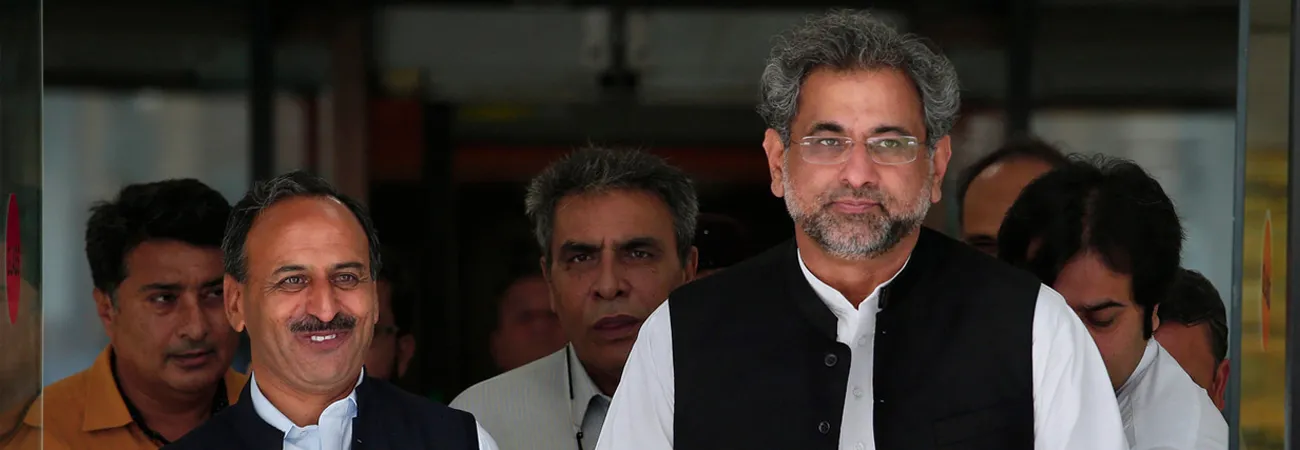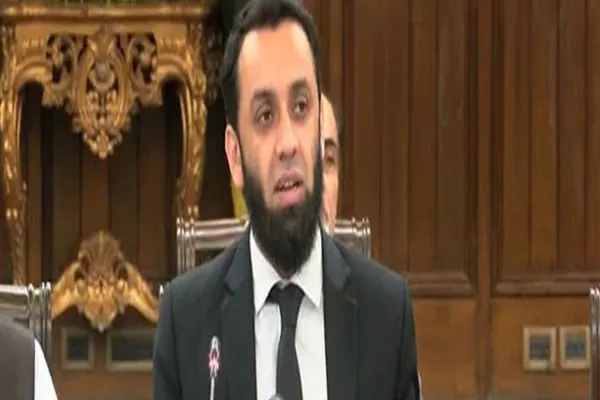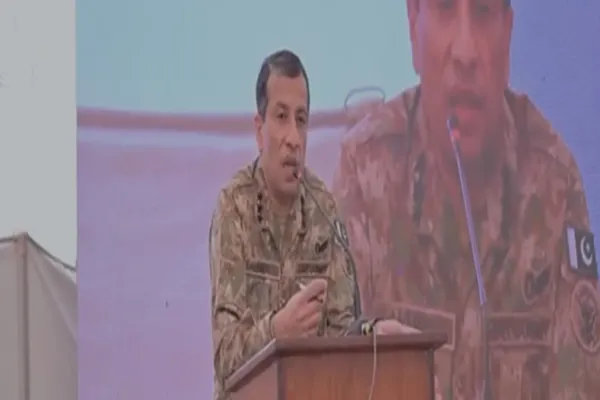i NEWS PAKISTAN
Former Prime Minister Shahid Khaqan Abbasi has made a significant announcement regarding the formation of a new political party, set to emerge by May-June of this year. Addressing the media outside the accountability court, Abbasi stated that consultations are underway, and preparations are in motion for the establishment of this party. Prominent figures such as Mustafa Nawaz Khokhar, Miftah Ismail, and several others are anticipated to join the ranks of this forthcoming political entity. Abbasi emphasized the need for a fresh approach in the political landscape, advocating for change and a departure from the status quo. In addition to outlining plans for the new party, Abbasi addressed the ongoing legal challenges he faces, labeling the cases against him as baseless. Expressing dissatisfaction with the accountability process, he urged for an end to what he perceived as the undue influence of the National Accountability Bureau (NAB) in hindering governance. Moreover, Abbasi highlighted concerns over the recent electoral process, citing discrepancies and alleged rigging tactics.
He called upon the Supreme Court to intervene, suggesting a scrutiny of electoral practices, particularly focusing on the authenticity of Form 45 and 47 documents. Abbasi proposed that presiding officers take oaths on the Quran to verify the integrity of these forms, underscoring the need for transparency in the electoral process. Asserting the importance of national unity, Abbasi underscored the necessity for dialogue and cooperation among key stakeholders, including political, judicial, and military leadership. He urged for consensus-building efforts to address the challenges facing the nation, emphasizing the imperative of inclusivity and collaboration in steering the country forward. As anticipation builds for the emergence of the new political party led by Shahid Khaqan Abbasi, political dynamics in Pakistan are poised for potential transformation in the coming months. Moreover, Abbasi highlighted concerns over the recent electoral process, citing discrepancies and alleged rigging tactics.
He called upon the Supreme Court to intervene, suggesting a scrutiny of electoral practices, particularly focusing on the authenticity of Form 45 and 47 documents. Abbasi proposed that presiding officers take oaths on the Quran to verify the integrity of these forms, underscoring the need for transparency in the electoral process. Asserting the importance of national unity, Abbasi underscored the necessity for dialogue and cooperation among key stakeholders, including political, judicial, and military leadership. He urged for consensus-building efforts to address the challenges facing the nation, emphasizing the imperative of inclusivity and collaboration in steering the country forward. As anticipation builds for the emergence of the new political party led by Shahid Khaqan Abbasi, political dynamics in Pakistan are poised for potential transformation in the coming months.
Credit: Independent News Pakistan (INP)









